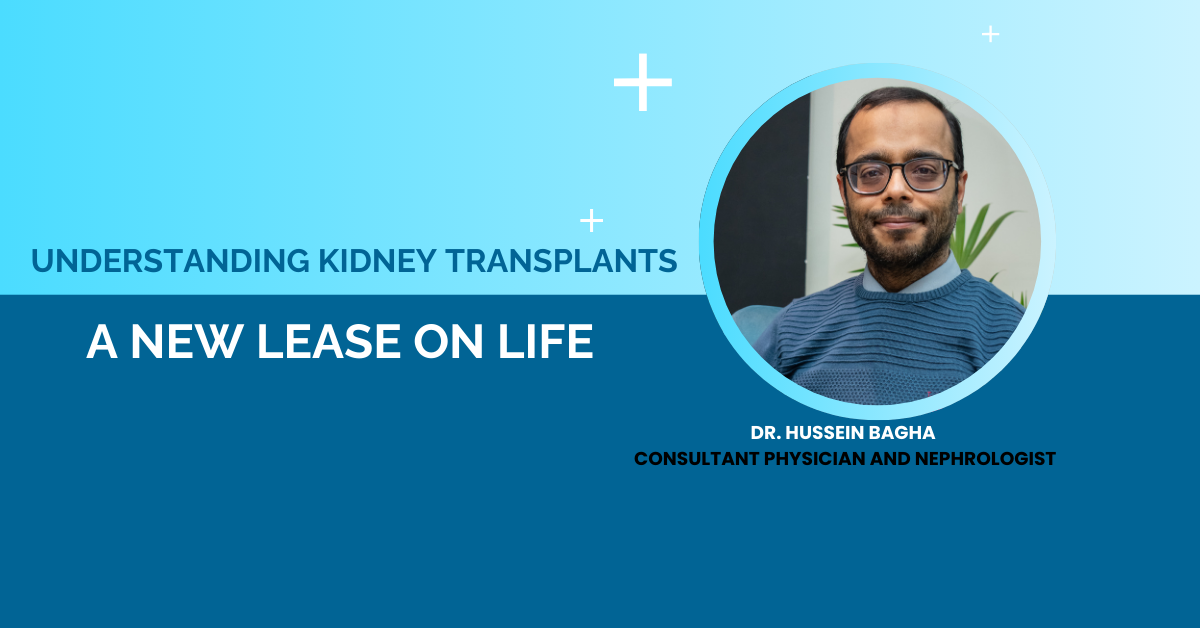M.P Shah Hospital is looking to recruit a professional and evidence-driven person for a vacancy in the Nursing Division, as the Clinical Nutritionist/Dietitian on a 3-month reliever engagement.
ADVERT–CLINICAL NUTRITIONIST/DIETITIAN
Reporting to the DCNO, the overall purpose is to provide therapeutic dietary counselling and treatment to both inpatients and outpatients as a vital component of disease management. This role supports clinical teams in maximizing patients’ nutritional wellbeing, thereby reducing hospital length of stay and preventing readmissions.
Roles and Responsibilities
1. Nutrition Services
- Deliver nutrition therapy integrated with the patient’s clinical goals as part of an interdisciplinary healthcare team.
- Calculate and prescribe nutrition orders for enteral and parenteral feeding based on clinical indications and nutritional needs.
2. Nutrition Counselling
- Screen, assess, and continuously evaluate patient nutrition needs and restrictions.
- Develop individualized dietary care plans and provide targeted nutrition counselling.
- Offer age-specific guidance to patients and groups on nutrition and healthy eating to improve their overall quality of life.
3. Diet Plan Formulation
- Monitor and document nutritional status using established guidelines.
- Consult with medical staff to determine and meet the unique nutritional needs of each patient.
4. Nutrition Education
- Educate patients and families on dietary principles, food selection, meal preparation, and recommended modifications.
- Encourage long-term behavioral changes through clear and compassionate nutrition education.
5. Compliance with Policies and Standards
- Monitor food service operations for compliance with nutritional, safety, and quality standards.
- Develop and maintain up-to-date educational resources for patients and staff.
6. Menu Development and Standardization
- Lead the development and standardization of recipes and menus tailored to the nutritional needs of various patient groups.
- Ensure meals meet prescribed diet plans and are acceptable in terms of palatability and appearance.
7. Training and Development
- Mentor dietetic interns and provide in-service training to clinical staff.
- Participate in continuous professional development through seminars, workshops, and professional networking.
Qualifications:
1. Education & Experience:
Minimum Qualifications
- Diploma or degree in Nutrition from a recognized institution or university
- Valid license from the Nutrition Association of Kenya
- Minimum of 2 years’ continuous experience in an acute care hospital
2. Personal Attributes:
- Strong verbal and written communication skills
- Excellent interpersonal and customer service orientation
- Ability to work collaboratively in a multidisciplinary team
- Motivational and leadership ability
Interested and qualified candidates in the above positions are encouraged to forward their applications to the hospital recruitment portal through the link below: https://recruitment.mpshahhosp.org:6670/careers on or before 12th June 2025.
Kindly ensure complete application by capturing your education background & work experience on your profile. We encourage early submission of applications.
‘MP Shah is an equal opportunity employer’











